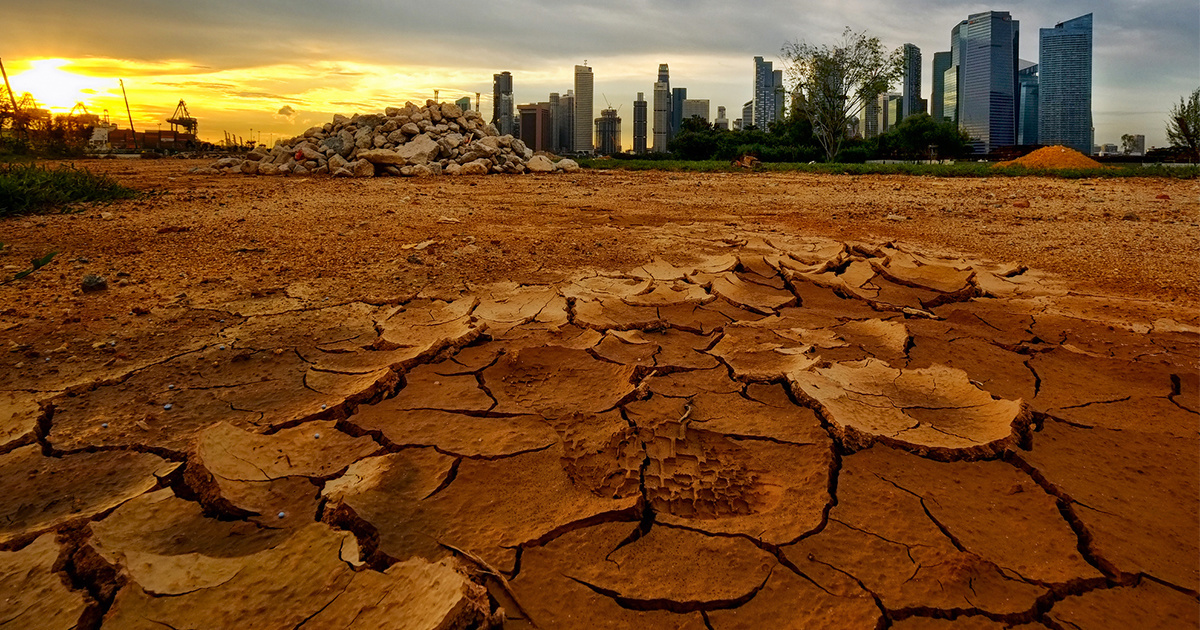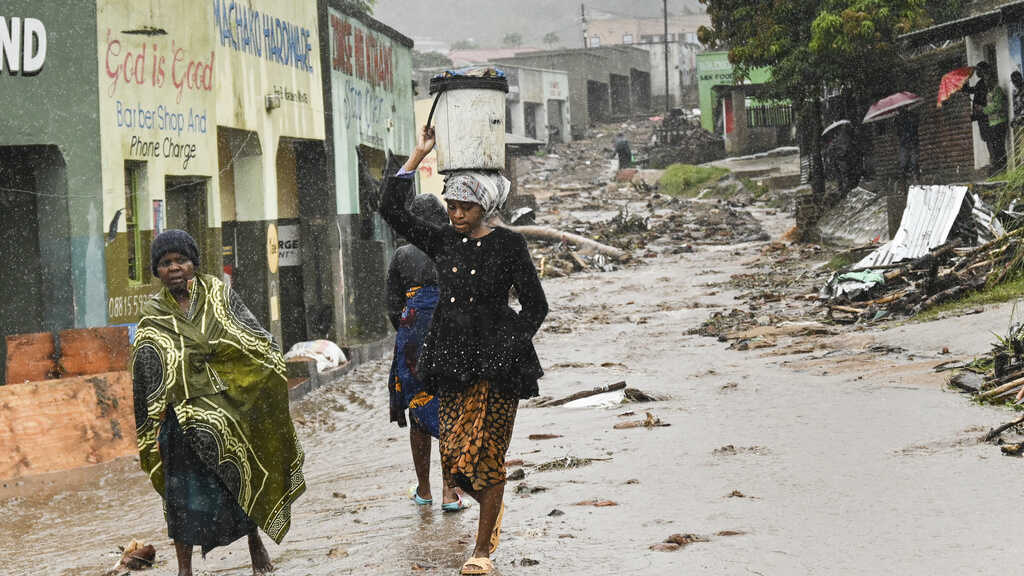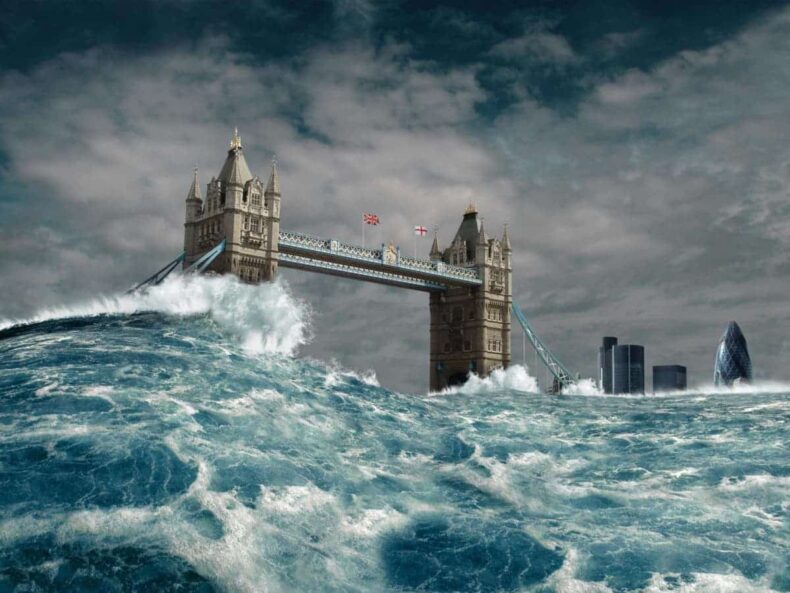The clock is ticking, the stakes are high, and the alarm bells are ringing louder than ever before. The Intergovernmental Panel on Climate Change (IPCC) has issued a dire warning that we are on the verge of a last chance to save the planet from the disastrous effects of climate change. The time for argument and delay is past, and immediate action is needed to avert irrevocable harm to the planet and the future of civilization.
The globe is only a few tenths of a degree away from meeting the universally agreed-upon target of keeping global warming to 1.5 degrees Celsius over pre-industrial levels. Given present trends, we will have surpassed the objective in less than a decade. That’s the warning from the Intergovernmental Panel on Climate Change foremost experts (IPCC). While staying below 1.5 degrees Celsius is still possible, they caution that what governments do in the years to restrict greenhouse gas emissions will determine whether temperatures continue to rise dangerously or return to safe levels.
Table of Contents

What is Global warming
Global warming is a long-term increase in the Earth’s average surface temperature, driven mostly by human activities that emit greenhouse gases into the atmosphere. Since the early nineteenth century, scientists have been researching the effects of human activity on the climate.
The French mathematician Joseph Fourier made the first known mention of the greenhouse effect, which is the warming of the Earth’s atmosphere caused by the presence of greenhouse gasses, in 1824. Svante Arrhenius, a Swedish chemist, was the first to measure the impact of carbon dioxide emissions on Earth’s temperature in the early twentieth century.
Scientists first became concerned about global warming in the 1970s, when they noticed a trend of rising temperatures and changes in weather patterns. The United Nations established the Intergovernmental Panel on Climate Change (IPCC) in 1988 to study climate change research and its potential environmental and socioeconomic consequences.
Scientific investigations have verified that global warming is genuine and has occurred at an alarming rate during the last few decades. Since the late nineteenth century, the earth’s temperature has risen by about 1°C (1.8°F), with most of the increase coming in the last few decades.

The threat to the planet today according
Billions of impoverished people, who bear the least responsibility for the climate problem, are already bearing the brunt of the consequences. Severe weather catastrophes, such as the flash floods in Turkey and Cyclone Freddy in southern Africa, which killed hundreds, are becoming more prevalent. According to the scientists, human activity has unmistakably warmed the atmosphere, oceans, and land. Temperatures can also be lowered by human activities. Reducing carbon pollution and fossil fuel consumption by nearly two-thirds by 2035 would offer humanity a fighting chance. António Guterres, the UN Secretary-General, outlined what this entails: a halt to new fossil fuel exploration and rich countries abandoning coal, oil, and gas by 2040.
Future IPCC assessments are not expected until 2030, which has already been designated as the year beyond which it will be difficult to keep the globe from warming 1.5 degrees Celsius above pre-industrial levels if major action to reduce emissions is not taken.
The IPCC stated in its report that exceeding the 1.5°C temperature limit might have disastrous and irreversible repercussions for some ecosystems, particularly those with limited resilience, such as arctic, alpine, and coastal ecosystems. These habitats are vulnerable to ice sheets, glacier melt, and irreversible sea level rise.
The research also stated that some climate system changes are unavoidable and may be irreversible. Nonetheless, the scientists believe that profound and lasting global reductions in greenhouse gas emissions could ameliorate these impacts to some extent. The objective is to act fast and firmly to reduce emissions and keep global warming to 1.5°C or below.
Read more about Climate Change : https://www.un.org/en/climatechange/what-is-climate-change













